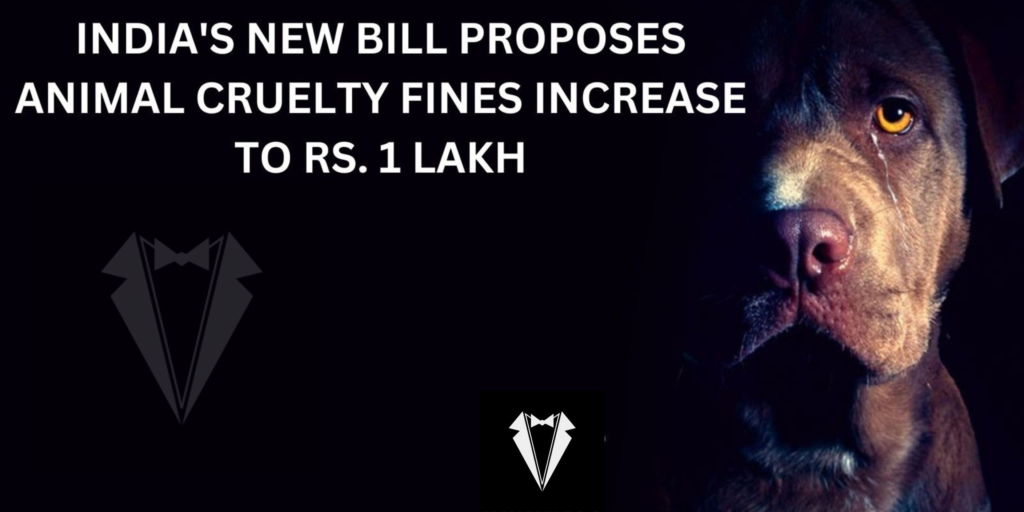
In New Delhi, the Delhi High Court has issued a notice in response to a plea challenging a notification released by the Bar Council of India (BCI) last year, which allowed the entry of foreign law firms and lawyers into India. The court, presided over by Acting Chief Justice Manmohan and Justice Manmeet Pritam Singh Arora, has summoned responses from both the BCI and the central government.
The court has set April 24 as the date for the hearing, seeking the BCI’s perspective on the plea. The case revolves around the Rules for Registration and Regulation of Foreign Lawyers and Foreign Law Firms in India, 2022, introduced by the BCI last year. These rules permit the registration and practice of non-litigious law matters in India by foreign lawyers.
The plea questions the BCI’s authority under the Advocates Act of 1961 to grant such permissions, contending that, according to the current law, only advocates enrolled with the BCI are authorized to practice law in India.
Initially, the Bar Council of India opposed the entry of foreign lawyers and law firms in any form. However, in Joint Consultative Conferences between 2007-14, it was collectively decided by the BCI, State Bar Councils, and other stakeholders to explore this avenue. In September 2022, discussions between representatives from the Law Society of England and Wales, the U.K. government’s international trade department, and Indian law firm representatives took place, advocating for the removal of restrictions on foreign lawyers practicing in India.
In response, the BCI issued rules in March 2023, permitting foreign lawyers and law firms to practice foreign law, international law, and international arbitration matters in India, strictly under the principle of reciprocity. Notably, they are not allowed to appear in Indian courts. However, the plea raises concerns about the absence of a mutual arrangement between India and the countries whose law firms are permitted to operate in India, arguing that the BCI’s decision violates the principle of reciprocity. The plea emphasizes that opening up law practice in India to foreign lawyers will contribute to the growth of the legal profession in the country.



